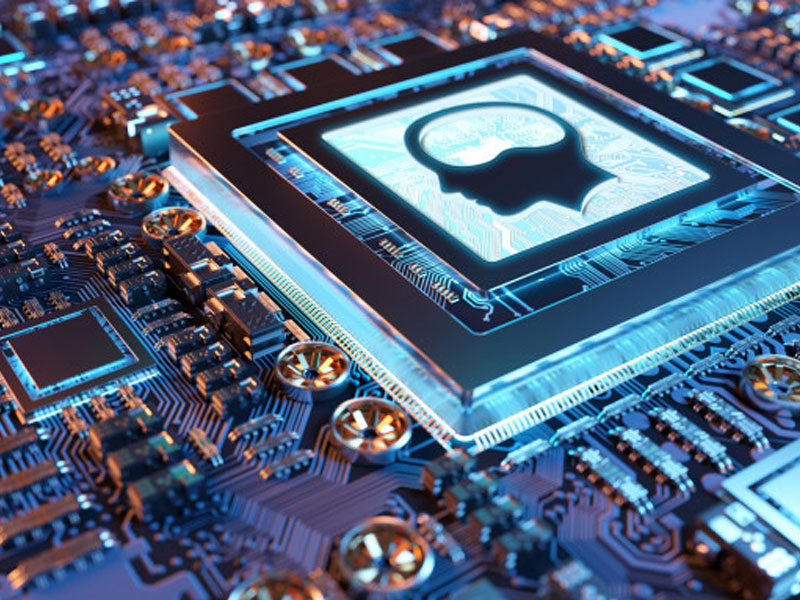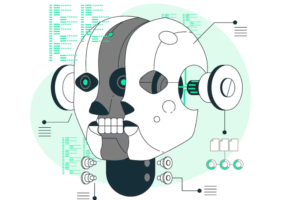Computers have been proven to be smart enough to solve some problems faster and better than humans; computers can accept process and store data but is not able to understand the data. Daily, we encounter problems that can only be solved by cognition. Computer scientist have found a way to deal with this issue in computers, Artificial Intelligence (AI) has been proven to be very useful but not sufficient enough to solve new problems that are encountered because there is no evolution in the program and now, with the combination of computer science and cognitive science, a solution has been found which is now known as “Cognitive Computing”.
Cognitive Computing is the term used to describe how machine learning, stream processing (like that offered from Https://www.ververica.com/), natural language processing, and artificial intelligence are blended together in order to solve day to day problems using data mining and pattern recognition just like human beings. You can use natural language processing in healthcare and it can be very beneficial to better deal with patients and clinical documentation. Artificial intelligence depends on the best algorithm available to solve a problem but with cognitive computing, computers are able to learn (acquire knowledge), reason (process the knowledge) and use it to solve problems. Artificial Intelligence solves possible problems but Cognitive Computing suggests possible solutions to the problem based on understanding. Artificial intelligence cannot be smarter than humans because they cannot acquire knowledge on its own but with cognitive computing, computers can learn from various things. Cognitive computing also makes it possible for computers to understand natural language by using various text annotation tools to label data so that it would be able to understand and communicate accurately with the user. Cognitive Computing learns and provides a solution in a much similar way as the human thought process. The aim of cognitive computing is to recreate humans in computers.
Some of the features of Cognitive Computing includes
Adaptation
As information changes and becomes modified, the system is also evolving and learning as well so it cannot become outdated neither can it procure a solution that is stale. It can also use machine learning to understand and process information in different contexts.
Interaction
The system is user friendly and can interact well with the user, so the user can clearly state their needs since the system understands natural language.
Contextual
The system is able to identify the specific problem with the use of specific contextual elements like location, time, profile, data etc. and with this knowledge; it is able to give the perfect solution.
Benefits of Cognitive Computing
It Increases the Efficiency Of Business
With the rate of development of technology, businesses are trying to use technology to increase their productivity. Making the right decisions in different situations is very crucial to the growth of any business, and with cognitive computing; computers can suggest the right decisions from a series of events that are happening. It can deduce solutions to different problems from the knowledge acquired from different situations and can give the best solution. And when integrated with strategic planning methods such as hoshin kanri (see hoshin kanri definition here), it can help simplify the decision-making process and minimize the inefficiency caused by a lack of proper direction and poor communication.
It Enhances Customer Interaction
Customers always have different perspective about the business and it takes extreme precaution and professionalism to satisfy the needs of customers, but when a business makes use of cognitive computing, the computer is able to satisfy the need of each customer based on their desires because it is able to learn from past experiences with the customer and so it can procure the right solution without the intervention of the staffs. With Cognitive computing, computers can understand natural language and give accurate answer to customer’s questions.
Better Data Analysis
As technology is advancing and developing, the amount of data that is being inputted into the system is ever increasing and it won’t reduce anytime soon. Data scientists can hardly keep up with the flow of data without intervention. More importantly is to produce a meaningful, accurate and timely analysis and humans can’t keep up with the amount of data, hence the data cannot be error free. But with cognitive computing, data analysis can be done easier, better, faster and more accurately than it can be done by humans.
It Increase’s the Performance, Capabilities, Engagement and Contribution Of Employees
Since Cognitive Computing makes it possible for computers to procure solutions from information it has acquired, this makes problems that are encountered daily solvable. It also makes low value, repetitive tasks like updating employee’s financial and medical data, updating client’s records etc to be automated so, employees don’t have to repeat it on a regular basis.
Cognitive Computing cuts across every sphere of life and we all will find it useful irrespective of the field we’re in. As scary as it sounds, cognitive computing won’t displace humans from their workplace because it doesn’t do the job, it just provides a better way to carry out the job or a better solution to a problem.





